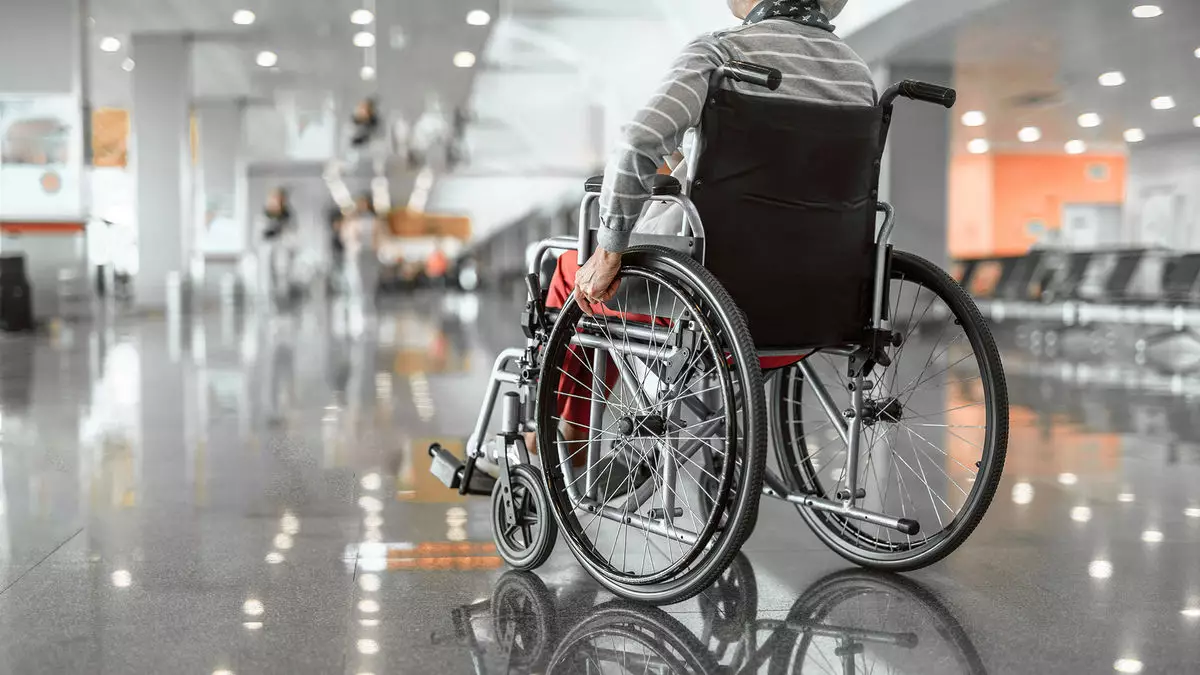In a significant step towards improving air travel for individuals who use wheelchairs, the U.S. Department of Transportation (DOT) has enacted new regulations aimed at safeguarding the rights and experiences of these travelers. This comprehensive set of rules seeks to address long-standing issues regarding the mishandling of wheelchairs by airlines, ensuring that passengers can navigate the skies with greater ease and dignity. As the aviation industry encounters increasing scrutiny on customer service and accessibility, these regulations mark a pivotal advancement in the inclusion of all passengers.
One of the key components of the newly finalized regulations is the precise definition of a “mishandled wheelchair.” This definition empowers the DOT to impose fines on airlines that fail to return wheelchairs in their original condition. This aspect is particularly critical, as advocacy groups have repeatedly highlighted the adverse effects of poorly handled wheelchairs on travelers’ experiences. Recent statistics reveal that the ten largest U.S. airlines have a 1.4% rate of mishandling checked wheelchairs, a figure that starkly contrasts with the lower mishandling rates for standard luggage. By establishing clearer accountability measures, the DOT aims to hold airlines to a higher standard, fostering greater responsibility in the handling of mobility aids.
In addition to accountability, the DOT is implementing mandatory annual training for airline employees involved in the handling of wheelchairs. This requirement exceeds the previous benchmark proposed in the FAA reauthorization bill, which called for training every 18 months. The enhanced training regimen emphasizes the importance of equipping staff with the necessary skills and knowledge to manage wheelchairs effectively. Initial training must be completed before personnel undertake any wheelchair-related duties, thus ensuring that employees are well-prepared to assist passengers. This focus on professional development reflects a deeper understanding of the unique challenges faced by travelers who rely on wheelchairs.
The updated regulations also introduce stricter guidelines for airlines regarding the repair or replacement of damaged wheelchairs and the prompt reunification of travelers with lost or delayed equipment. Airlines will now be required to offer immediate assistance to wheelchair users during various stages of travel, including boarding, deplaning, and connecting flights. Moreover, transparency has been emphasized through the obligation for airlines to clearly disclose cargo hold dimensions, enabling passengers to ascertain whether their wheelchairs can safely fit on any given flight prior to booking.
Transportation Secretary Pete Buttigieg has underscored the importance of these regulations, describing them as a new standard for air travel that prioritizes safety and dignity for passengers with mobility impairments. With the regulations set to take effect on January 16, 2024, a timeline for full implementation stretches to June 17, 2026, paving the way for airlines to adapt to these enhanced responsibilities. As the industry evolves to meet the needs of all travelers, these changes symbolize a broader commitment to inclusivity and the recognition of the essential rights of wheelchair users in air travel.


Leave a Reply